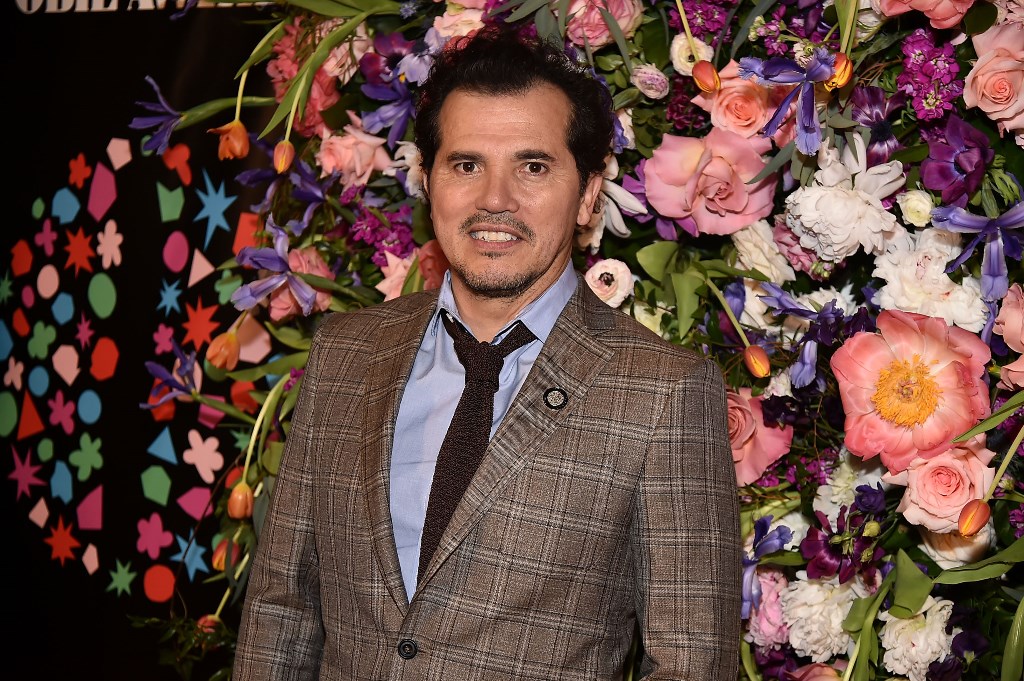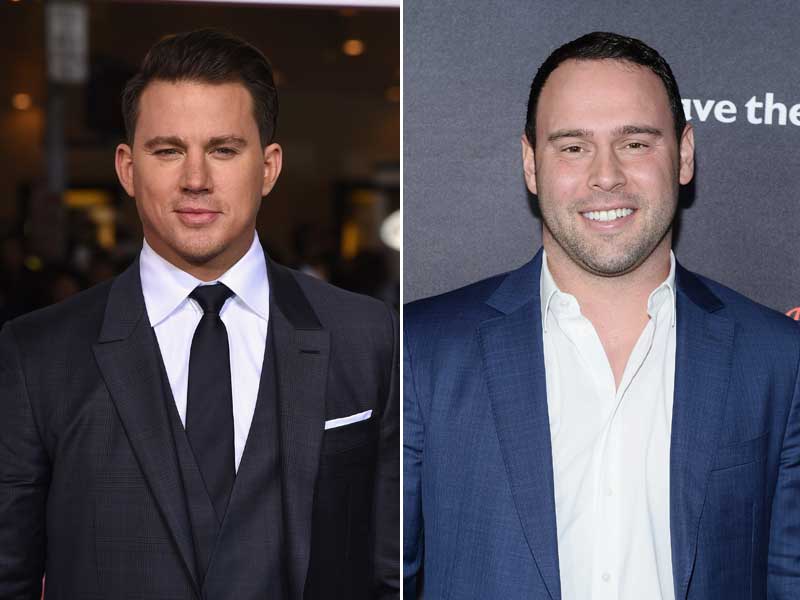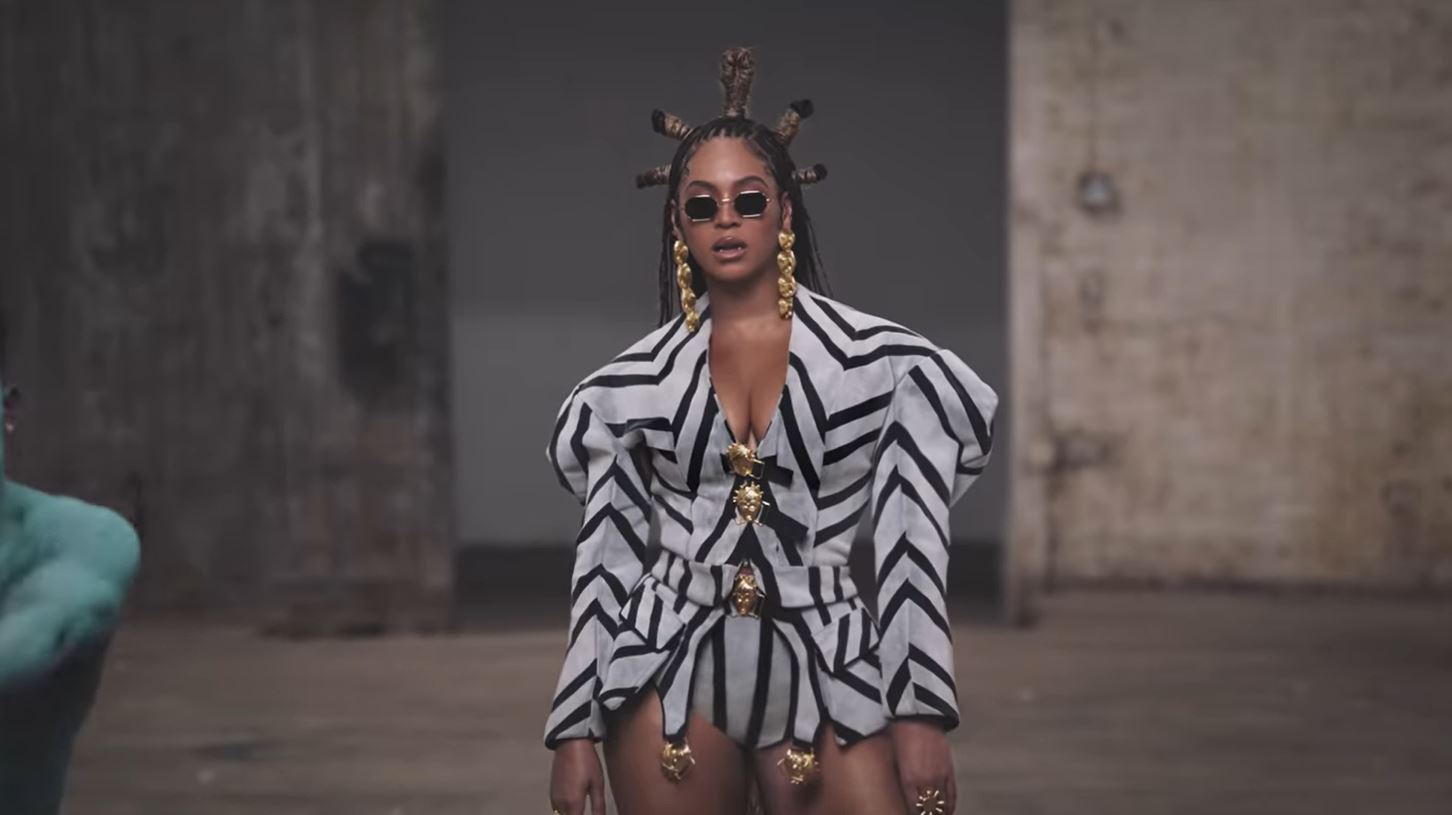Black and Latinx Emmy Inclusion (and lack thereof)



This week the Emmy nominations were released and there was a lot of Black talent recognized. Regina King is going for a possible 4th win in 6 years. Zendaya scored her first nomination. Insecure’s Yvonne Orji got some long overdue love. And Yahya Abdul-Mateen II scooped up his first nomination as part of Watchmen’s 26 nominations. But an important conversation has come out of the nominations announcement: Where is the Latinx representation? Emmy winner, John Leguizamo, tweeted out a short LA Times piece on the subject, asking: “Why can’t we Latinx have a piece of the pie?”
https://twitter.com/JohnLeguizamo/status/1288307040146907136
The article points out that 33% of this year’s acting nominees are Black, compared with 14% in the five years prior. Things get questionable in the last paragraph of the article where a carefully crafted statistic is produced, sighting no Latino performers among the lead and supporting nominees for comedy or drama series in the last six years. That’s a disappointing stat, but it also ignores the limited series categories, where John Leguizamo himself was nominated last year for Ava DuVernay’s When They See Us. He also received a nomination in 2018. In the last few years a few Latinx actors have received nominations for limited series: Benicio del Toro, Édgar Ramírez, and Ricky Martin. The article fails to mention this, but the overall point is that it’s not enough, and this year there are none. Especially when you consider the great work being done on shows like Pose, On My Block, Vida, and One Day At A Time, to name just a few.
Many on Twitter accused the LA Times article for being anti-Black clickbait, and I noticed since John Leguizamo’s tweeted a screenshot of the headline, the piece has been edited. The new headline has been amended to: Emmys 2020 nominees are more diverse, but Latino representation still abysmal.
What's even more complicated is that last year a Latino actually won an Emmy, but he’s not being included in all these Latinx inclusion conversations. Afro-Latino actor, Jharrel Jerome took home an Emmy for his heart-wrenching performance in When They See Us. John’s tweet is sparking ongoing discussion around Afro-Latinx erasure and colourism in the Latinx community because there’s been a trend of calls for Latinx inclusion specifically when the Black community is making progress.
For a recent case study, my mind goes to Gina Rodriguez, who among other micro-aggressions tweeted in response to Black Panther: “Marvel and DC are killing it in inclusion and women but where are the Latinos?! Asking for a friend…” The post has since been deleted. To some, Gina’s tweet felt like racial hierarchy, because when they see Black people advancing there are often others asking why they didn’t advance first.
Here’s a great tweet illustrating the contrast in Gina’s response to Crazy Rich Asians.
https://t.co/hO8nRktCVk pic.twitter.com/oZhV7R1DEp
— Your Fave's Fave (@_ItsMarisWorld_) July 29, 2020
Another Latinx nominee not included in the inclusion conversation is Nadia Hallgren, an Afro-Latina who directed Michelle Obama’s Becoming documentary. The doc received 4 nominations this year, including outstanding directing. Is she included as a Latinx nominee?
The divide is rooted in white supremacy. Colourism is present in every community. It’s hard to find a culture where the fair-skinned people aren’t the elite, ruling class and that includes Latin American countries where Afro-Latinx citizens are often treated as “other” even though their ties to the culture and language are just as deep. Bringing it back to John Leguizamo’s question: Why can’t we Latinx have a piece of the pie? White institutions created the pie, they slice the pie, and Black and Brown people are not supposed to be fighting over the crumbs left behind.
Orange is the New Black actress, Selenis Leyva responded to John’s tweet alluding to colourism in Hollywood within the Latinx community. Often fair-skinned Puerto Ricans receive the most praise.
Well we should start with supporting each other and celebrating ALL our latinx community. Many of us DO NOT and I repeat DO NOT SUPPORT each other. Let’s unite make noise demand change ! Latinos in Hollywood stop the BS and unite. Yeah I said it .
— Selenis Leyva (@selenis_leyva) July 29, 2020
Her Orange is the New Black co-star, Dascha Polanco also chimed in, taking aim at those who are only focused on their own equality.
https://twitter.com/SheIsDash/status/1288345646861357056
Her words appeared to be in contrast to her co-stars and taken as a snide comment towards the Black community for only supporting their own advancement. She posted a clip on Instagram negating those accusations, and stating she identifies as Afro-Latina and her own community needs to do the work.
I can fully admit I may be biased, but in my opinion Black people often fight hard for equality issues and leave the door open behind them for other minority groups. In Canada we’ve seen collaboration between Black Lives Matter and Indigenous activists because injustice that affects one of us, affects all of us.
Do we need more Latinx Emmy nominees? Yes, because they’re giving Emmy-worthy performances. Can we fight all for that without negating the achievements of Black nominees and flat-out ignoring the achievements of Afro-Latinx nominees?

